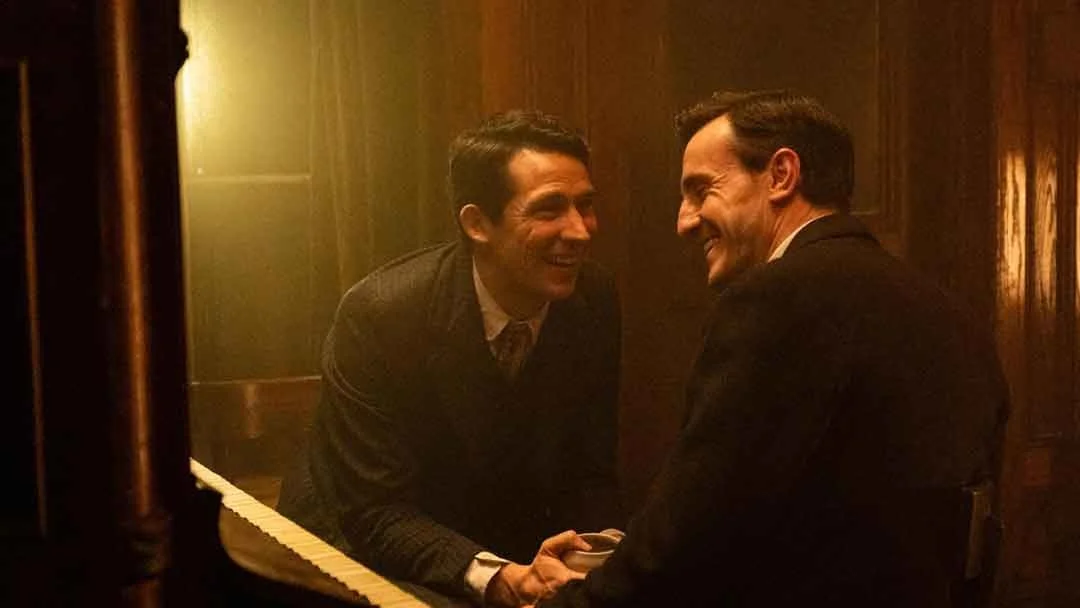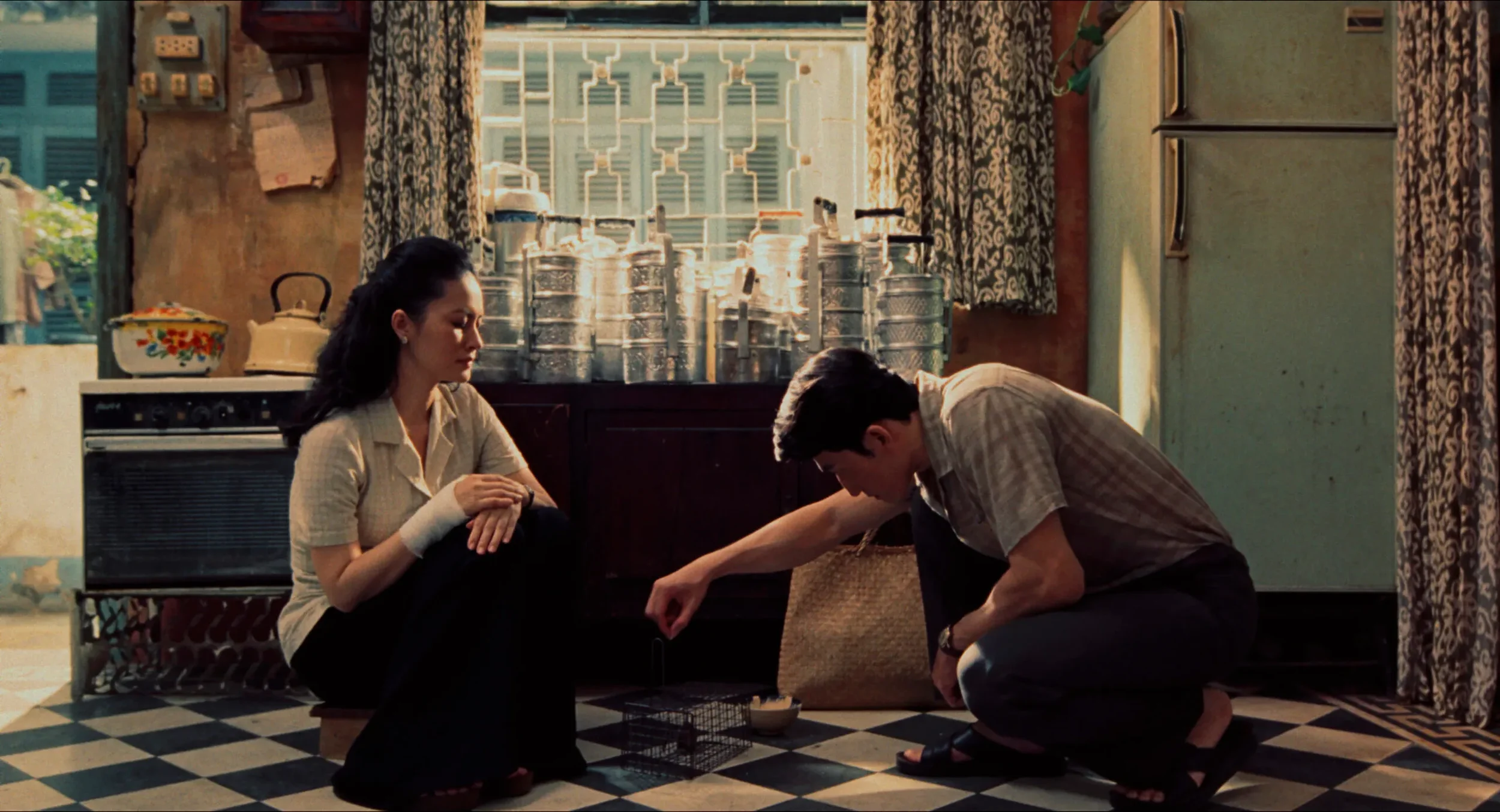‘Elehiya’ REVIEW: A Disappointing Swan Song
‘Elehiya’ REVIEW: A Disappointing Swan Song
Spoilers for Elehiya.
As with any recently deceased thespian, the passing of Cherie Gil offers some wonder as to what possibility lies in the backburner as far as posthumous work is concerned. Much of this was answered weeks ago when it was revealed that one of her final works to be released would be a Loy Arcenas-Raquel Villavicencio character study in Elehiya. Not much of the film is known, except that to those who’ve witnessed a previous Loy Arcenas creation (Niño, Ang Larawan), the expectations might be a little shaky as his works have a heedy spiritual element that is dampened by a tendency to lack in tone or any creative polish. However, Elehiya stands to be a little more different on paper, with a concept that is not often explored in local cinema, and penned by a prolific writer also associated with some of legendary director Mike de Leon’s best works.
So it begs the question, why is the final product left seemingly too ambiguous and way more inconsistent than one would expect?
Elehiya introduces us to Celine de Miranda, a widowed doctor who returns to the island of Mirador with the goal of scattering her recently-deceased husband’s ashes across it. It's an undertaking that she initially struggles with, as the locale in question offers nothing but bothersome memories for the doctor. However, there’s a catch: the film suggestively offers some underlying mystical elements from the get-go. Her vacation’s home caretakers, consisting of Basyon (Erlinda Villalobos), Jasper (Ross Pesigan), and Nanay (Sue Prado), have a rather strange dynamic between each other and the de Mirandas, a clan whose mestizo roots have long passed their prime. It’s a dynamic that involves mostly class disparities, and it's indescribably arcane implications.
Imbuing mysticism in far-off tropical islands, at least in Philippine cinema, is really a concept that’s not explored much, but quite old. Dating as far back as Ishmael Bernal’s Nunal Sa Tubig to the more recent Kalayaan by Adolfo Alix, the religious and sexual dimensions that are eventually revealed in Elehiya do find themselves at home here. Mirador is an island rife with religious devotion, but subversively dominated by the bastard offspring of the de Mirandas who’ve made it a habit to intermingle with the island’s women.
Early in the film, Celine finds that her husband’s ashes suddenly go missing, and it becomes the springboard around which her character is transformed and further defined according to the idiosyncrasies familiar with Mirador. It starts with a longing–a very sexual one!–of her deceased husband in bed and finds itself skewed even more when she starts projecting it on one of the caretakers, Jasper. Throughout this process, the film ends up trudging along this weird character arc which finds Celine satiating her desire for Jasper more and more by causing different brands of chaos through the ancestral home. The effect is that it produces a plot far removed from any clear direction and more interested in spiritual ambiguity. Even as it reaches its conclusion, Elehiya continues to rely on this subversive religious angle as Celine’s final act in the film operates on something akin to a mirage and a pilgrimage to god knows where.
Despite the array of searing performances from its cast, Elehiya does nothing to stem the confusion that comes from vaguely dissecting a spiritually-charged island and its colonially-subdued inhabitants. There’s really nothing wrong with the acting delivered by Cherie Gil and company, aside from the occasionally corny or hammy ones from a few people. It’s weird considering this film is mostly penned by Raquel Villavicencio, who’s shown from prior works such as Batch ‘81, Kakabakaba Ka Ba?, and plenty of other films the ability to dissect a system down to what is at its core. In there, the stories work because their characters have much clearer intentions as far as their purpose with regards to the overarching theme is concerned
When asked about this in a Q&A, the crew offer Elehiya more as an exercise in ambiguity, asking its audience to try and see themselves in the perspective of Celine, and determine what her personal interests were and what her true intentions were with regards to Jasper. I’d like to think the film disagrees with this suggestion by the mere fact that with all of the film’s clues and dialogue, these point the interests of Elehiya’s characters in specific directions. But even then, it goes back to questioning the purpose of this film. It’s difficult when the focus of the story is both on the island and on Celine, as with this film at least, the audience is treated to, at most, portrayals of peculiar Filipino folk that don’t lead to much. Not much either in the way when the film at times looks too glossed out or tonally inconsistent to identify with the locale’s undercurrent.
However, there’s parts of this film that are understandably effective, if only because they tie back well to the spiritual elements espoused at the heart of Mirador, if any. Specific scenes in Elehiya see Celine absorbing the nature of the island in a way that is much more pronounced, and serves as proof that this film could’ve been more effective had these particular sections been emphasized more than others. But as it stands, Elehiya might be the most disappointing way to close the career of a well-regarded actress such as Cherie Gil’s.
Elehiya recently made its debut in QCinema last November 18, 2022. You can catch Elehiya in Trinoma and Gateway theaters until November 23.















